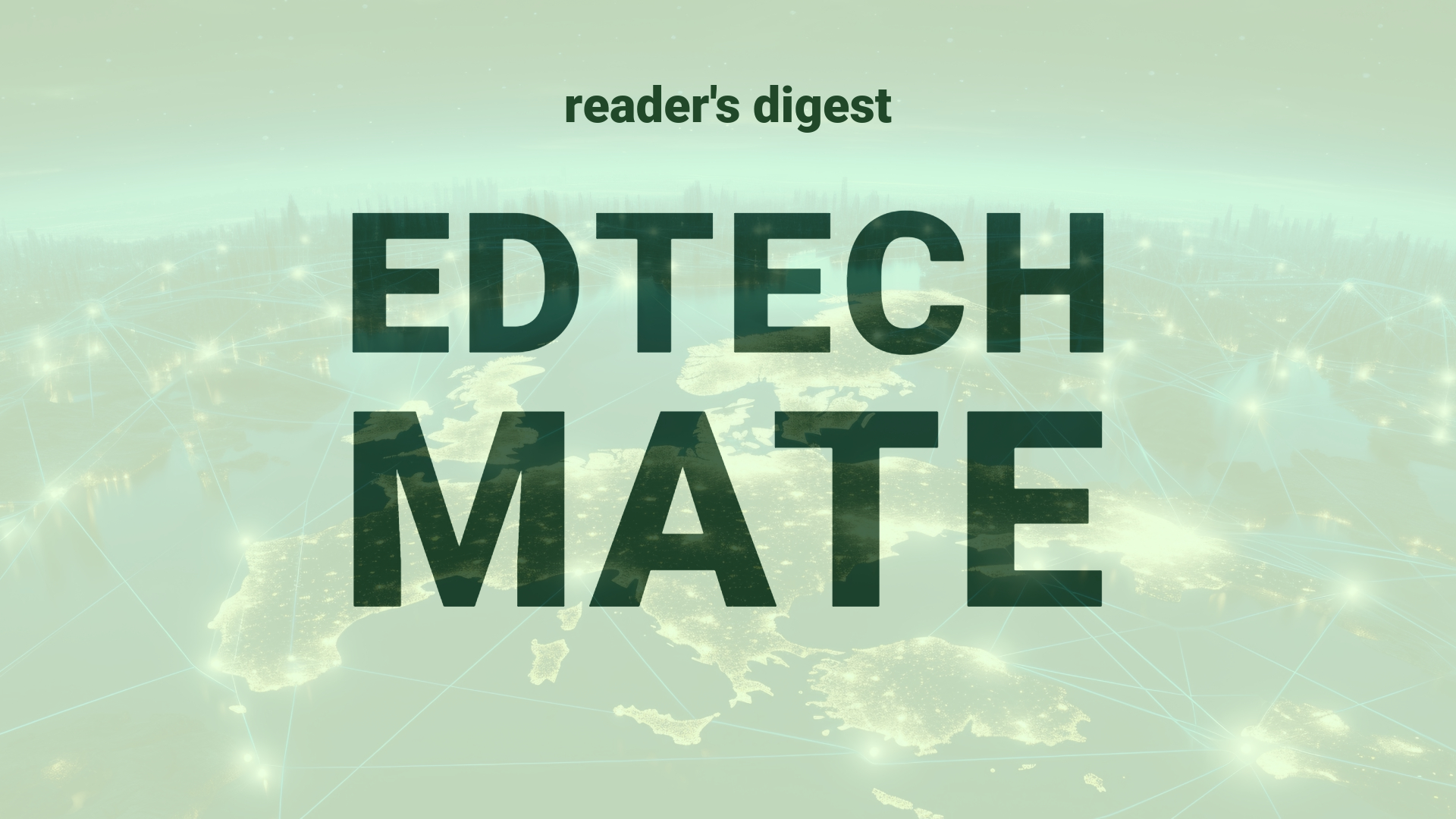“`html
Executive Summary and Main Points
Recent actions by India’s Ministry of Electronics and Information Technology (MeitY) underlined the government’s stringent stance on the use of Large Language Models (LLMs) and their compliance with the country’s IT Act. The advisory emphasizes the prevention of bias, discrimination, and threats to electoral integrity by requiring government permission for deploying LLMs, watermarking AI-generated materials, and adhering to digital media ethics. Significant IT stakeholders, including hyperscalers like Oracle, Amazon Web Services, and model service providers such as OpenAI, stand affected by these directives which could potentially hinder innovation and add to compliance risks.
Potential Impact in the Education Sector
The advisory could influence Further Education and Higher Education by curtailing the development and deployment of AI tools, which are pivotal in creating personalized learning experiences and facilitating research. For Micro-credentials, the implications may include challenges in leveraging cutting-edge AI for flexible and scalable education models. However, compliance with regulations might drive the formation of strategic partnerships focused on ethical AI within the education sector. Amidst digitalization, education institutions might need to consider the balance between innovation and adherence to government advisories.
Potential Applicability in the Education Sector
AI technology and digital tools are at the forefront of educational transformation. In Global Education Systems, generative AI can revolutionize content creation, facilitate language learning, and aid in research. However, with the aforementioned advisory, utilization of such technologies would require careful alignment with regulatory frameworks to ensure trustworthiness and prevent the spread of misinformation, potentially through government-sanctioned initiatives and rigorously tested AI implementations.
Criticism and Potential Shortfalls
Analysts and technology sector experts criticize the advisory’s lack of clarity and fear it may stifle innovation. The requirement for bias-free LLMs is challenging due to data biases and algorithmic limitations. Furthermore, there’s a lack of a defined framework for obtaining permissions and the potential legal risks for hyperscalers if their models inadvertently perpetuate biases. Comparative international case studies on AI governance would provide valuable insights, especially as the European Union considers similar regulatory measures. Ethical and cultural implications also play a role in the global conversation about AI regulation.
Actionable Recommendations
For educational leadership navigating these changes, it is advised: to incorporate clear regulatory compliance in their technology strategy, leverage partnerships for AI research that aligns with ethical standards, invest in bias-mitigation and transparency initiatives, and actively monitor international AI regulatory developments to anticipate and influence future policy changes. Strategic foresight in this area can aid in maximizing the benefits of AI while maintaining compliance and ethical standards.
“`
Source article: https://www.cio.com/article/1311757/indias-advisory-on-llm-usage-causes-consternation.html

